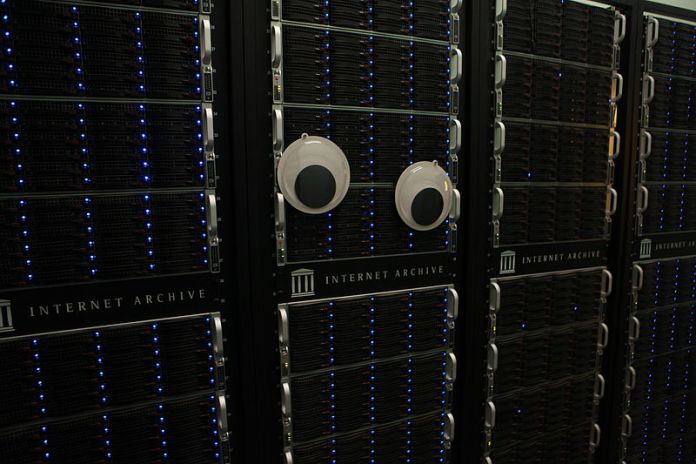India’s Plans to Join U.S. in Unmonitored Surveillance
With all the recent stink in the news about the
The plan is called the Central Monitoring System (CMS) and so far it has been kept on the down-low. They’ve been sneaking government servers into each state individually in order to avoid public debate on the program. When they were finally found out and people started asking questions, the government responded by either refusing to comment or by pointing out that the details of the program needed to be kept secret in order for it to work properly. And, of course, those that made statements at all requested anonymity.
So what does CMS allow the Indian government to do? They’ll be able to read people’s emails and text messages, listen in on their phone calls, monitor their social media accounts and keep track of who is searching for what on engines like Google. They will be able to do all this without any sort of oversight, without any court order and will, due to the way the system works, be collecting data independent of service providers. This access will be given not only to the country’s security agencies, but to their tax officials as well.
Supporters of the program state that CMS will help to safeguard national security by stopping crimes before they happen (thought police?), allowing for profiling of potential suspects and enabling the recognition and monitoring of groups deemed to be “anti-social”. It’s basically the same as the rubbish that the
The program has been drawing a bit of criticism, as you can imagine, with Human Rights Watch being one of the most vocal. I have to question how the government classifies service providers as such dire security leaks that they need to be bypassed, let alone putting federal judges into that same category. And considering India’s past record or using surveillance to arrest those making dissenting comments and using it to monitor rival politicians, moving in this direction may not be the safest thing to do if trying to preserve an actual democracy in the country.
Internet Archive courtesy of Jason Scott via Wikicommons
